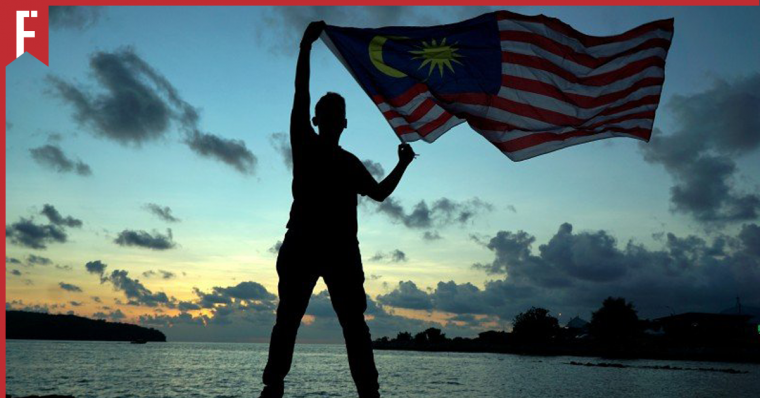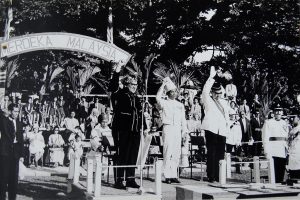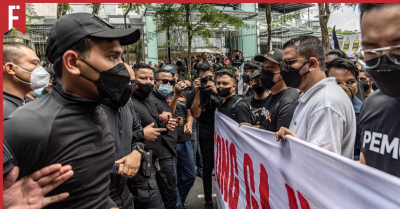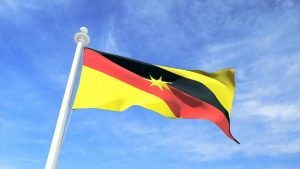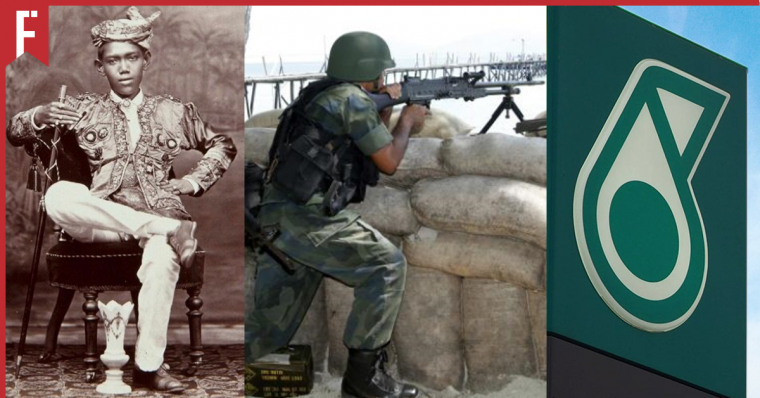
Over the past week or so, you might have noticed a lot of headlines and news articles popping up about the whole Sulu situation.
If not, here’s the short version: the whole situation is basically the country-level version of a landlord/renter dispute.
Only in this case, the “landlord” is a family who’s only qualifications involve being possibly related to a Sultan who died before World War Two and the “renter” is the entire government of Malaysia.
Oh, and did we mention the part where the landlord tried to break into the renter’s house with a bunch of armed friends? Or how after kicking them out, the renter decided that they won’t be paying rental anymore, so the landlord ran off to court to sue the renter for “breaking their agreement”?
And This Isn’t Even Scratching the Surface

But putting aside all the history stuff for a bit, let’s talk about why people in 2022 are suddenly so interested in a legal document that got signed back in the Victorian Era.
On 12 July 2022, around USD$2 billion worth of assets were seized from Petronas by the “heirs” of the late Sultan of Sulu. Naturally, this freaked out a lot of people who began asking questions like “who are these guys?”, “why are they taking all our money?” and of course “what do you mean the total bill is USD$15 billion?!”
To answer all these questions, we need to go back a bit in history.
Back To 1878, To Be Exact
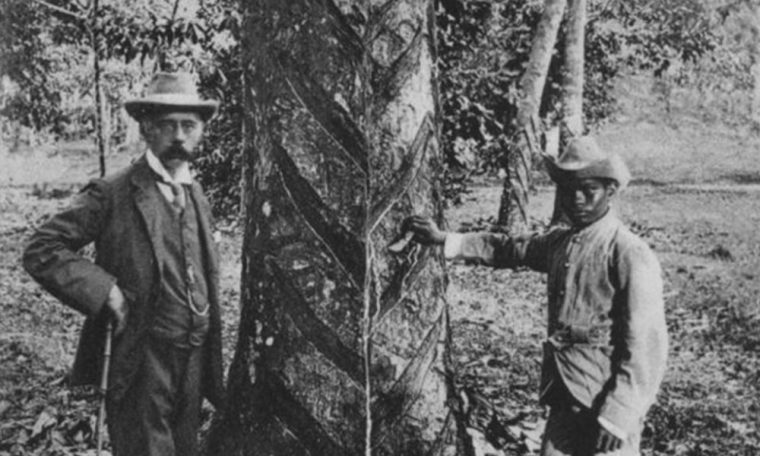
85 years before independence, the nation that would one day come to be known as Malaysia looked very different. Peninsular Malaya and the Bornean states were made up of a bunch of separate states, all led by their own Sultans or chieftains.
Of course, as we all know, that wouldn’t last for long.
After all, this was the Victorian Era. Colonialism was still alive and kicking, which meant that rich Europeans were sailing all over the world looking for exotic new lands to stick their flags on in the name of the Queen and country.
Naturally, this didn’t always go over well with the people who were actually living on the land at the time. But while there were certainly a lot of violent conquests out there, plenty of colonies were claimed through the power of good old bribery instead.
Which Leads Us To The Sultanate of Sulu
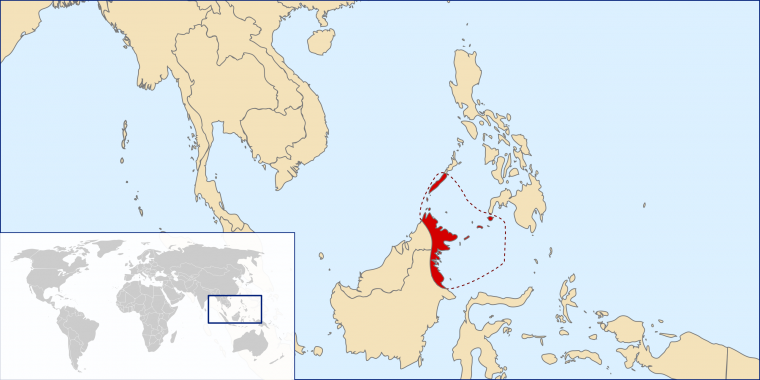
The Sultanate of Sulu was a relatively minor kingdom in what is now known as the Phillipines. During its peak, it controlled a big chunk of Borneo’s eastern coastline – including parts of modern day Sabah.
On 22 January 1878, the Sultan of Sulu signed an agreement with a British commercial syndicate (represented by Alfred Dent and Baron de Overbeck) which gave them Northern Borneo in exchange for five thousand Malayan Ringgit per year.
Now this is the tricky part.
You see, the original treaty was written in Malay using the Jawi script, which has caused some… translation issues. Specifically, it’s unclear whether the Sultan “cedes” (gives away) or “leases” (rents out) the land to the British.
It sounds like a minor language issue, but this one line has led to decades of awkward relations between modern day Philippines — who have occasionally suggested taking “their” lands back — and Malaysia — whose response has generally been along the lines of “lol. lmao”.
To be more specific, Malaysia officially considers the Philippine’s claims over Sabah to be “non-issue” as the people living there had practiced their own self-determination by voting overwhelmingly to join Malaysia in 1963. Aside from that, the UN and other international organisations have officially recognised Sabah as a part of Malaysia, which solidifies their claim.
And finally, there is also the practical issue that Sabah has been run by Malaysia for more than 50 years at this point, while neither the Philippines nor the heirs of the Sultan have been in charge since 1878.
But we’re getting ahead of ourselves. First, let’s get back to the treaty itself and the role it played on our country’s development.
From Malaya To Malaysia
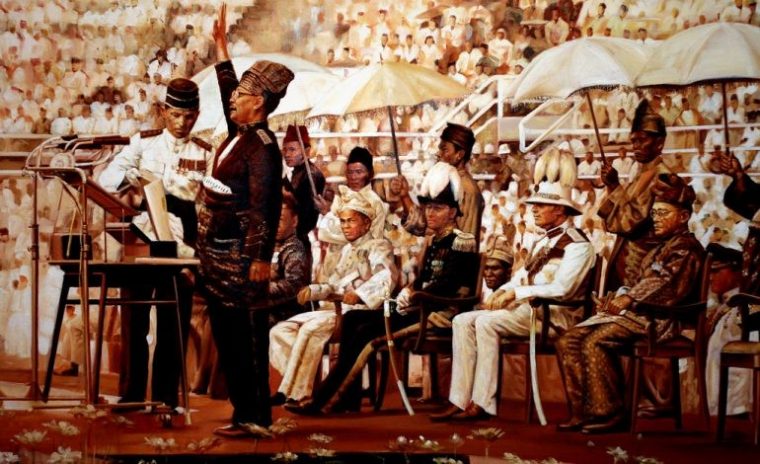
Over the next few decades, the British government continued to pay the annual “cession money” to the Sultan of Sulu and their heirs. However, things would get a little complicated once Malaysia became an independent nation.
In 1963, the Philippine government met with then Prime Minister Tunku Abdul Rahman to request payment on behalf of the Sultan of Sulu. Tunku agreed to the request, and so every year, the Malaysian Embassy in the Philippines gives a check of RM5,300 to the “heirs” of the sultan of Sulu.
You might be wondering why I put the word heirs in quotation marks. It’s because the last formally-recognised Sultan of Sulu, Sultan Jamalul Kiram II, died in 1936 without any official heirs. The British’s annual payments were temporarily paused until 1939 when North Borneo High Court Chief Justice Charles F. Macaskie named nine court-appointed heirs to take the Sultan’s place.
Regardless of the potential dubiousness of the “heirs”, Tunku — and every other Malaysian Prime Minister since — probably felt that RM5,300 was a small price to pay to avoid any potentially annoying disputes. You know, like the one happening right now.
So Why Did We Stop Paying?

Well, it’s all because of a certain incident known as the 2013 Lahad Datu Standoff. You may also know it as the Lahad Datu Incursion or Operasi Daulat.
It all began when a man named Jamalul Kiram III, a self-proclaimed “Sultan of Sulu”, led a group of 235 armed “Royal Security Forces” to Sabah’s Lahad Datu District.
Their goal? Forcing Malaysia to return Sabah to the Philippines.
Ironically, the Philippines government itself was not a fan of Kiram III’s plans. Then-President Beningno Aquino III urged him to withdraw his followers from Sabah, pointing out that his actions could provoke a war and that “there is no way that force can achieve your aims”.
Sadly, Kiram III refused to leave.
Although the Malaysian and Philippine governments continued to search for a diplomatic solution, things came to a head after Kiram III’s followers killed two Malaysian police officers. On 5 March 2013, the Malaysian military initiated Operation Daulat (Ops Daulat) in order to put an end to the incursion.
In the end, 72 people were killed: 56 “Royal Security Forces”, 10 Malaysian security forces and 6 civilians.
Afterwards, the Malaysian government announced that it would stop paying the cession money to the Sultan of Sulu’s descendants as they had broken the treaty by trying to invade Sabah.
But Did They Really?
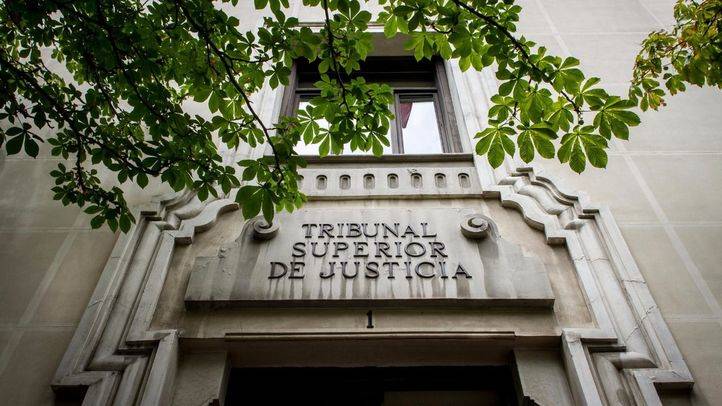
On the surface, it seems straightforward enough. After all, even if it’s basically pocket change, nobody wants to give money to the people who tried to invade them.
However, the truth may not be so clear-cut.
In 2017, the descendants of the Sulu sultanate went to Spain’s Madrid High Court in order to claim legal compensation for the broken treaty.
Malaysia refused to send any representatives or intervene in the proceedings until 2019, when former Attorney General Tan Sri Tommy Thomas sent a letter to the heirs’ lawyers. In the letter, he expressed regret over the ceasing of payments and said that Malaysia was “now ready and willing” to pay the arrears amounting to RM48,300.
Unfortunately, while Thomas may have meant well, his letter has played a critical role in the Sulu heirs’ argument, giving their case the extra justification it needed to convince the international court.
Can You Sue a Whole Country?
In 2021, Malaysia successfully argued that going forward with this case could threaten Malaysia’s sovereign integrity as the Sulu heirs were trying to reclaim the state of Sabah from Malaysia.
This led to the case being moved to France instead, where in February 2022, the Paris Court ruled that Malaysia had violated the treaty and would have to pay compensation of at least USD$14.92 billion to the descendants of the Sultan — the amount that they claim is owed for all the oil and gas in the region.
As a result of this ruling, two Petronas subsidiaries have been seized, with many more to follow unless a resolution is reached.
Unfortunately, Our Government’s Response Has Been Rather… Chaotic
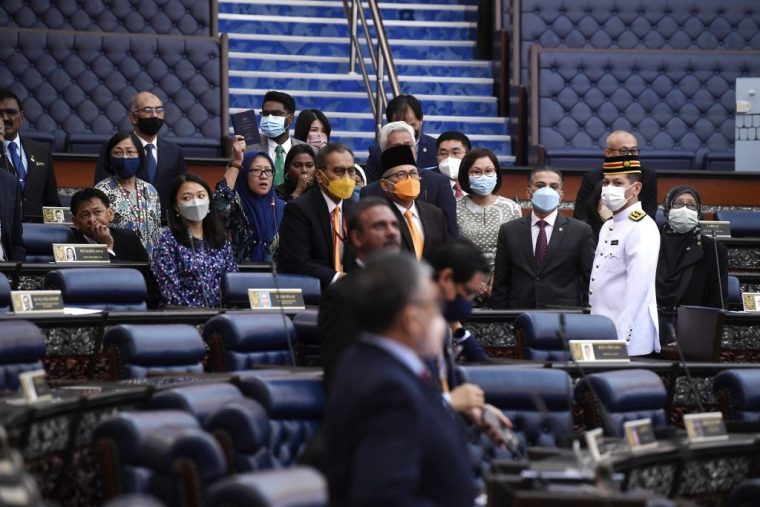
On 19 July 2022, Prime Minister Ismail Sabri Yaakob announced that the government would do everything they could to protect the country’s assets.
“I give the assurance that we will not compromise or even budge an inch in defending the country’s rights and sovereignty,” he said.
Unfortunately, the effect of his words were somewhat undercut by the shenanigans unfolding in Dewan Rakyat on that very same day.
In a scene that can only be described as ‘chaotic’, Dewan Rakyat Speaker Tan Sri Azhar Azizan Harun completely refused to discuss the Petronas seizures, leading to shouting matches among MPs and even the ejection of Kota Belud MP Isnaraissah Munirah Majilis after he refused to stop bringing up the issue.
Despite complaints from Opposition MPs, Harun insisted that the Sulu claims could not be debated in Dewan Rakyat in order to avoid “revealing our strategy”.
Last Time Was Sheraton Hotel. Now It’s Seri Pacific Hotel
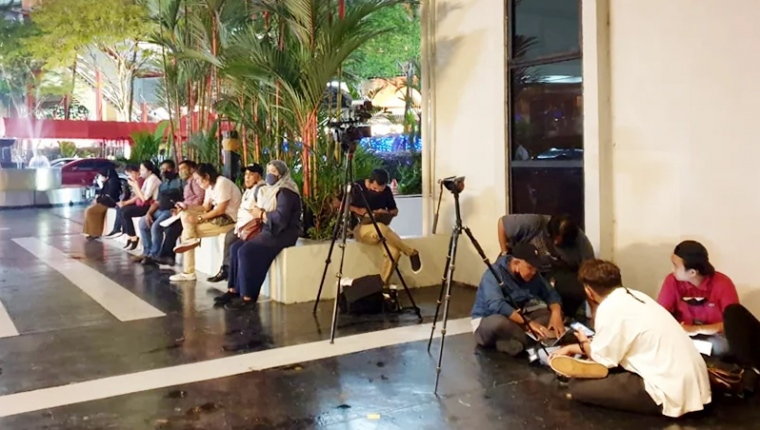
On 21 July 2022, government officials held a private briefing to discuss the situation at the Seri Pacific Hotel in Kuala Lumpur. Members of the media were barred from reporting on the situation or even mentioning the list of MPs who attended under the Official Secrets Act (OSA).
But while our government officials debate in secret, members of the public have begun taking matters into their own hands.
On 19 July 2022, around 50 members of the Solidarity Anak Sabah group gathered near the Sabah legislative assembly building to peacefully protest the rejection of motions to debate the Sulu issues.
Other worried Sabahans have also demanded a response, with Kalabakan MP Ma’mun Sulaiman lamenting over the government’s refusal to discuss the matter in public.
“Sabah’s history is often denied and its wealth used to develop the nation while the state itself remains poor and under-developed,” he said at a press conference in Parliament.
“Is Sabah still relevant to the federal government?”
So What Now?
At the moment, there are fingers being pointed all around.
Around 100 Parti Keadilan Rakyat (PKR) members filed police reports against former Prime Minister Najib Tun Razak to demand that he take responsibility for this issue. Najib in turn has blamed the Pakatan Harapan alliance that defeated him in 2018 as well as Tommy Thomas for sending his fateful 2019 letter.
Although our PM has declared that a “special task force” has been set up to look into the issue, the fact remains that any overseas Malaysian assets may be seized in order to pay this crazy bill. In other words, the Petronas seizures may only be the beginning.
Still, whatever happens I think it’s safe to say that Malaysia doesn’t plan to give up Sabah without a fight.
To learn more about the history of Sabah and its integration into Malaysia, check out:
Today in History: What is Malaysia Day?
